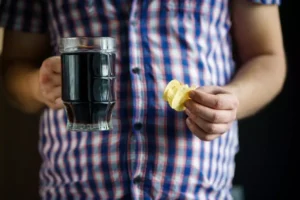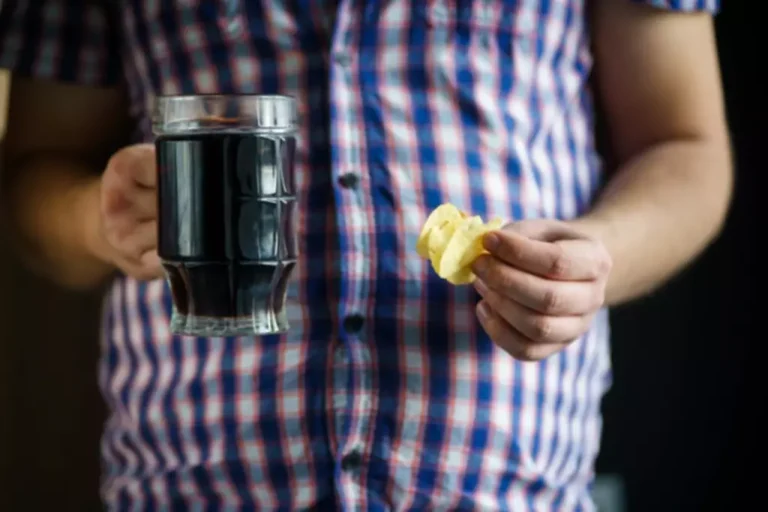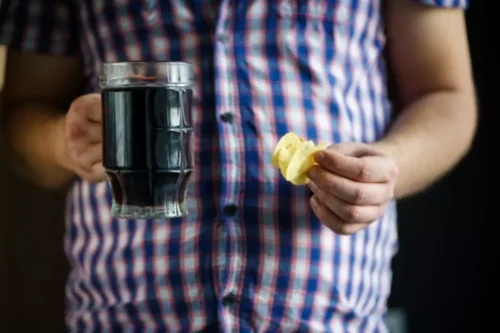
The fear of failing in recovery is a significant barrier to treatment, and many may not pursue a professional treatment program because of how to avoid drinking again after sobriety this fear. Support programs can also provide you with new friendships and communities that can make sobriety less difficult to navigate. Sobriety is a time of change – mentally, physically, and even spiritually.

What Is the Hardest Thing About Sobriety?
Alcoholic relapse after long term sobriety can feel overwhelming, but you can turn things around. Talk to a therapist, join a support group, or reconnect with people who support your sobriety. Identify what triggered the relapse and make a plan to prevent it from happening again. Stay focused, rebuild healthy habits, and keep moving forward. Health issues such as kidney disease or liver disease can make you more prone to adverse effects of alcohol and more severe alcohol withdrawal symptoms. No, detoxing from alcohol at home is not safe for individuals with moderate to severe alcohol dependence.
- Reach out for help, rebuild your routine, and remind yourself that you’re still capable of staying sober.
- By staying mindful of the following factors, individuals can develop effective coping strategies to resist the urge to drink.
Take the First Step Towards a Healthier Life
- Learning to live without drinking is the first step to making the most out of your life.
- Don’t say your age any more than you have to..your face will hear it…wear it .lol.
- It’s important that you work with your doctor when you’re ready to stop drinking rather than trying to do it alone.
One of the things that can give a person a sense of calm when under stress is using a drug or drinking alcohol. Because the drug and alcohol chemicals work on the brain’s pleasure/reward pathways, the pathways that make the brain (the person) feel good. Understanding that stress can be a trigger to use, can help one take necessary steps to reduce and/or minimize it. Some people feel that relapse prevention is about saying no right before they take a drink. In reality, the physical relapse stage is the most difficult to stop, and it’s a final stage rather than a standalone.

Alcohol and Cialis: Risks, Side Effects & Treatment
This can make you feel energetic and even extremely happy (euphoric) shortly after you drink alcohol, but the effects don’t last. Some clinicians will divide this stage of relapse into a lapse and then the actual relapse. A relapse is a return to using alcohol in a way that’s out of control. Don’t let this situation or cravings make you feel down or like you haven’t achieved something amazing already. You aren’t doing something wrong or failing in your recovery.
Paying for Treatment
- Cocktails and non-alcoholic spirits are delicious and refreshing options, allowing individuals to participate in social events without compromising their sobriety.
- The effects can vary among individuals, as some people metabolize the byproducts of alcohol more efficiently than others.
- Tribe Sober is an international community which offers a membership program.
- Not only does this mean that you will avoid the use of drugs or alcohol, but it can also mean an avoidance of the lifestyles that enable substance abuse.
These drinking rules might work for a while and may even be a sign that you are simply a responsible drinker. But if you keep making and breaking drinking rules then that’s alcohol rehab a sign that you have an unhealthy relationship with alcohol and need to consider a lifestyle change. So, by managing your stress and taking advantage of support systems, you can continue to flourish in your sober lifestyle. But being realistic about relapse – the ups, downs, statistical probabilities – isn’t being pessimistic. Because the truth is, the call to drink can be loud when a person feels emotional, stressed, or void of hope.

Gender, age, and body weight affect how alcohol is processed, with women and older individuals experiencing prolonged symptoms due to slower metabolism. Mental and physical health conditions, such as anxiety, liver disease, and heart issues, prolong symptoms and increase risks. Research shows that some damage to your brain, liver, heart, and gut done by alcohol will slowly heal when you stop drinking. While it’s true that alcohol withdrawal symptoms can be severe, they will not last forever. Once you get through that part of the process, you’ll start to feel better physically and mentally.
Try Risk-Free for 14 Days
Those committed to a sober lifestyle have improved physical and mental health. Again, if you or a loved one is experiencing severe alcohol withdrawal symptoms, dial 911. At NuView, we integrate expertise in behavioral therapy, mental health, and substance use treatment to create a customized recovery plan tailored to your unique needs. People will often go through treatment and have a period of sobriety. But what happens if, after being sober, someone starts drinking again?
How Much Casual Drinking is Too Much?
This difference in tolerance is one of the highest risk factors for those who drink after being sober. Taking the time to focus on yourself and your mental health is essential for successful recovery. Exercise can help to reduce stress and anxiety, while rest can help to restore energy and focus. Seeking therapy or counseling can provide a safe space to process emotions and gain insight into your triggers. Dealing with intense emotions during recovery can be incredibly overwhelming and difficult to manage.
Contact Us
Salima Holdings Pty Ltd
Phone
+61 2 9624 8842Post
PO Box 345, Seven Hills NSW 1730
Address
Unit 2, 6 Bonz Place, Seven Hills NSW 2147